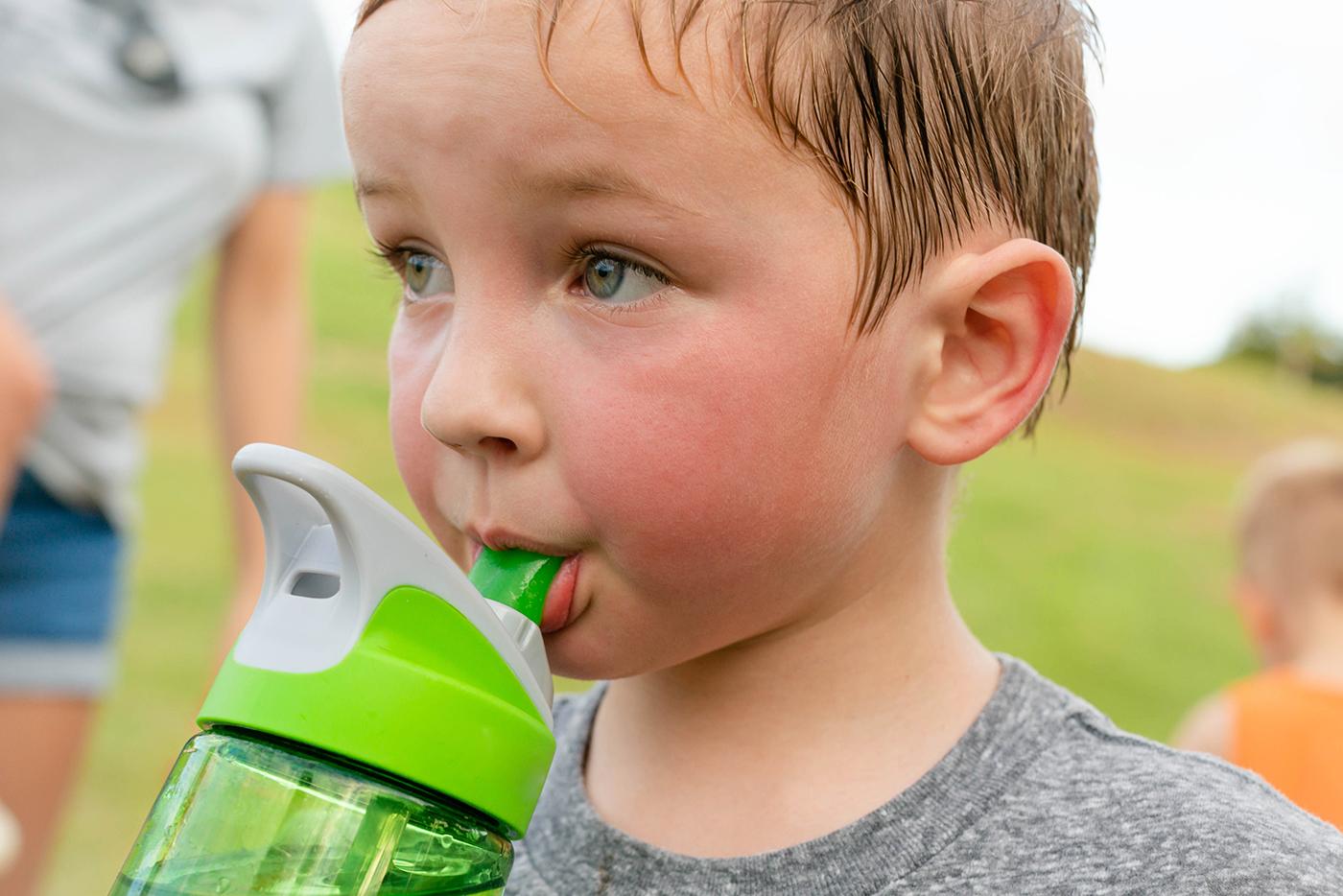Summer temperatures continue to soar in North Carolina, and it's affecting people's health.
From May to mid-July this year, more than 3,300 people across the state went to the emergency room because of heat-related illness. That’s twice as many as the average for the last five years.
Be extra careful in the heat, especially if you spend a lot of time outdoors or don't have access to air conditioning. If you're out in the heat too long, it can lead to dehydration, overheating, heat illness and even death.
North Carolina Mid-Season Heat Report (PDF)
On this page:
Who’s Most at Risk?
Anyone can get sick from the heat, but some people are more likely to have serious problems, including:
- Outdoor workers (like construction and farmworkers)
- Infants and young children
- Older adults
- Pregnant people
- Athletes
- People with health problems
- People without access to air conditioning or reliable housing
Know the Signs of Heat Illness
Heat-related illnesses can come on quickly. Watch out for these warning signs:
- Heavy sweating
- Pale or clammy skin
- Muscle cramps
- Fast or weak pulse
- Dizziness or headache
- Nausea or vomiting
- Fainting
If you or someone else has these symptoms, move to a cooler place, drink water and get medical help if needed.
4 Ways to Stay Safe in Hot Weather
Here are a few easy things you can do to avoid heat illness:
Stay Hydrated
Drink lots of water during the day — even if you’re not thirsty. Avoid too much caffeine or alcohol, which can make you more dehydrated.
Limit Time Outside
Try to avoid being outdoors during the hottest part of the day (usually between 11 a.m. and 4 p.m.). Wear lightweight, loose-fitting clothes, and take breaks in the shade or indoors.
Find Cool Places
If your home doesn’t have air conditioning and the temperature is above 95°F, go to a public building like a library or community center to cool off.
Stay Informed
NCDHHS sends out heat alerts when temperatures get dangerously high.
Sign up for alerts (available in English and Spanish)
Get more tips: 7 Tips for Staying Cool
What NCDHHS Is Doing to Help
To help keep North Carolinians safe, NCDHHS is:
- Sending out hundreds of local heat alerts each summer
- Giving out cooling fans to farmworkers and community groups
- Creating heat safety training for doctors and clinics
- Handing out water bottles, cooling towels and hats with safety tips
- Helping cities and counties make plans to deal with extreme heat
North Carolina summers can be dangerous if you're not prepared. Take care of yourself, check on your neighbors — especially the elderly — and know the signs of heat illness. A little planning goes a long way when the temperatures rise.
Stay cool, stay safe!
Related press release: NCDHHS Urges Caution Outdoors Amid Record High Heat-Related Illnesses

